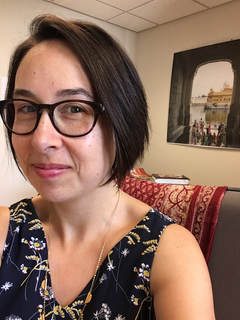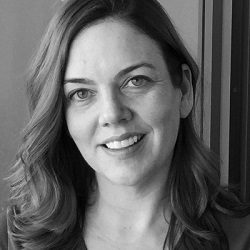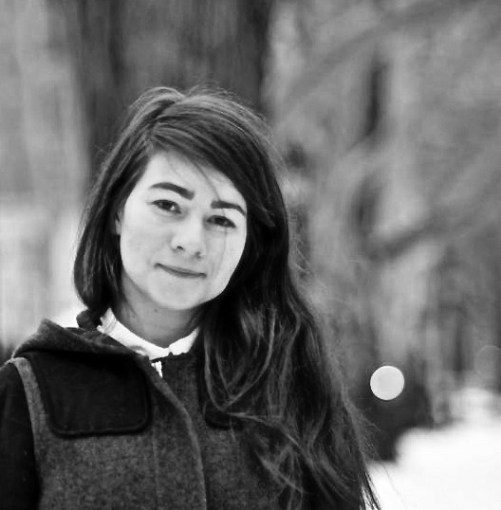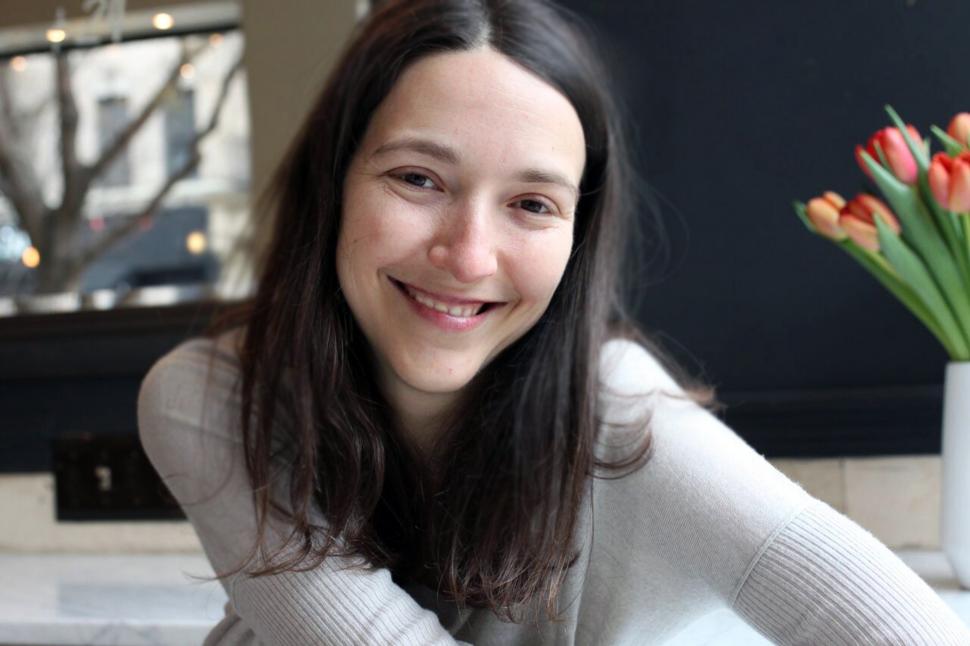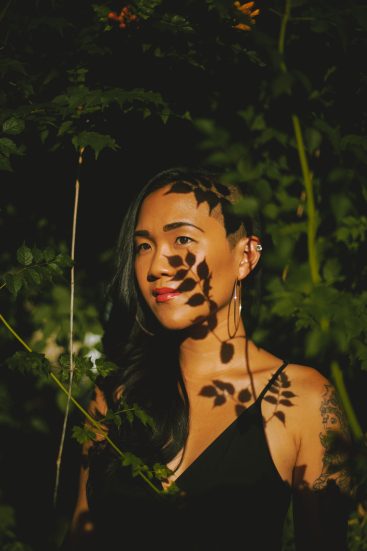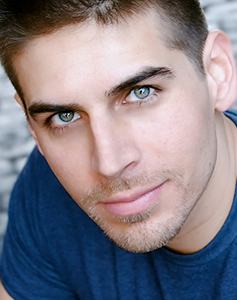2009 poetry alum Mike Puican was recently interviewed for Hypertext Magazine. Read an excerpt below:
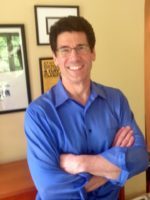
How has teaching poetry workshops to men who were formerly incarcerated impacted your writing process?
First, I’ve never taught before working with incarcerated and formerly incarcerated men. Just the act of developing a class that looks closely at poems and preparing for leading discussions with the men have improved my knowledge of poetry. I believe this is one of the reasons why teachers and professors are so smart about the areas they teach. They’ve developed a comfort with and a deep knowledge of the material.
The other profound discovery is that the men in my workshops are no different than anyone we might talk to on the bus or waiting in line at the DMV. Yes, they’ve made mistakes but that doesn’t define them. Far from it. Most of them have moved past that time in their lives and are just doing their time so they can get out and lead normal lives. Before we do any writing, I always give a warmup exercise where they recall something from their lives. It’s usually something fairly mundane. I’ll ask them, for example, to talk about a time where they had a good time with other people. Their stories are real, human, sometimes moving, and often unexpected.
It has opened me up to having a much greater appreciation of people who have made mistakes (who of us hasn’t made terrible mistakes?).
All of us have made mistakes—and I am aware of and check my privilege as a white person. Where law enforcement is concerned, there’s little tolerance for mistakes—especially for many people of color.
How have the events of the past few years impacted your creative process (if at all)? Do you feel a certain urgency to make sense of this time through poetry?
It has intensified the energy behind my writing. Both my wife Mary Hawley and I retired to write full time. Before COVID, I was writing every day but also going out to readings and other cultural events three or four times a week. Starting last March when everything shut down, it gave me the time to focus even more time on writing.
I have spent my life as a poet writing between the cracks of my work and other responsibilities. Now I have been given the incredible gift of being able to write full time. I am determined not to waste it.
You can read the interview in its entirety here: https://www.hypertextmag.com/hypertext-interview-with-mike-puican/



